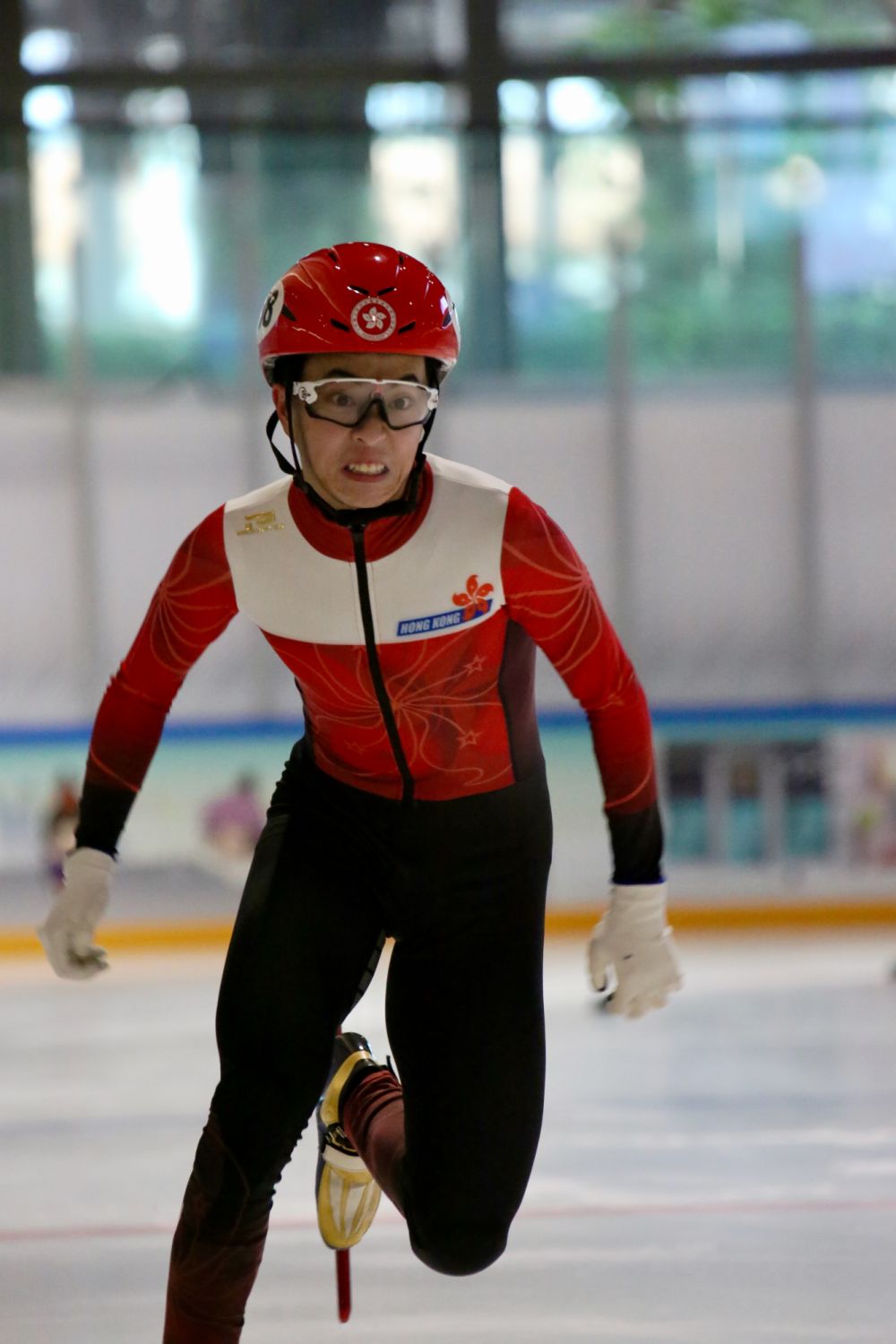Full-time athlete Sidney Chu never expected to qualify for this year's Winter Olympics—but he'll be giving it his all at the games
Olympic event: short track speed skating
Sidney Chu gained his place at the Olympics after his teammate Sui Xin was unable to secure a Hong Kong passport in time. Although he regards himself as more of a middle-distance speed skater, he will be racing in the shortest category, the 500m. He began playing ice hockey aged five, but as a teenager turned his blades to speed skating, which he describes as “Nascar on ice”. After graduating from university in the US last year, the 22-year-old is a full-time professional athlete with the Hong Kong Sports Institute and trains throughout Asia, in places like Chongqing, Dongguan, South Korea and Beijing.
Here, he reveals his road to Beijing 2022.

It will be an unusual games. How do you feel about competing without spectators?
It’s definitely going to feel lonely. This is a really special Winter Olympic Games just because it is in China. And we are representing Hong Kong, China, so it would be encouraging to have spectator support. I remember in the 2017 Asian Winter Games, there was this cheering squad of 50 grannies from North Korea. I kind of imagined they were chanting for me. I remember when I was skating the 1,000-metre back at the Asian Winter Games, hearing that cheer really pushed me on. And I was able to get into the semifinals, actually, from the quarterfinals that time, because I skated the fastest time for my heat.
In case you missed it: Who is Audrey King? Hong Kong's Only Female Beijing 2022 Winter Olympian
And you credit the Korean grannies with that?
I credit the North Korean grannies. Before the pandemic and like, you know, I’d be imagining that the Chinese fans would do the same. It is a little bit sad, but you know, it is what it is, for the safety of both the athletes and the spectators. I think that a cheering audience really does have an impact on athletes.






